Are you considering getting a Small Münsterländer as your new furry friend? This breed of dog is a versatile hunting dog that also makes a great family pet. Known for their friendly nature and intelligence, Small Münsterländers are a popular choice for those who enjoy outdoor activities such as hiking, hunting, or running. In this article, we will discuss the characteristics and temperament of the Small Münsterländer breed, as well as their grooming and exercise needs. By the end of this article, you will have a better understanding of whether or not a Small Münsterländer is the right breed for you.
Breed Category: Sporting
Country of Origin: Germany
Average Size:52-56 cm
Average Weight:18-27 kg
Average Life Span: 12-14 years
Grooming Requirements: Moderate
Exercise Requirements:High
History and Origin
The Small Münsterländer, also known as the Kleiner Münsterländer, is a versatile hunting dog breed that originated in the Münster region of Germany. The breed is believed to have been developed in the 19th century by crossing various spaniel and pointer breeds. The Small Münsterländer was primarily used for hunting small game, such as birds and rabbits, but was also capable of tracking larger game, such as deer and wild boar.
The Small Münsterländer was recognized as a distinct breed in Germany in 1912, and the first breed standard was established in 1921. The breed was introduced to the United States in the 1970s, and the Small Münsterländer Club of America was founded in 1975. Today, the Small Münsterländer is recognized by the American Kennel Club and is gaining popularity as a hunting and companion dog in the United States.
The Small Münsterländer is a medium-sized dog, typically weighing between 35 and 60 pounds. The breed has a distinctive black and white or liver and white coat, with a long, feathered tail. The Small Münsterländer is known for its intelligence, trainability, and versatility. The breed is highly adaptable and can excel in a variety of activities, including hunting, agility, obedience, and therapy work.
The Small Münsterländer is a highly active breed that requires regular exercise and mental stimulation. The breed is well-suited for hunting and outdoor activities, but can also thrive in a suburban or urban environment with proper exercise and training. The Small Münsterländer is a loyal and affectionate companion that forms strong bonds with its family. The breed is known for its gentle and patient nature, making it a great choice for families with children.
In conclusion, the Small Münsterländer is a versatile and intelligent hunting dog breed that originated in the Münster region of Germany. The breed was developed in the 19th century by crossing various spaniel and pointer breeds, and was primarily used for hunting small game. The Small Münsterländer was recognized as a distinct breed in Germany in 1912, and has since gained popularity as a hunting and companion dog in the United States. The breed is known for its intelligence, trainability, and
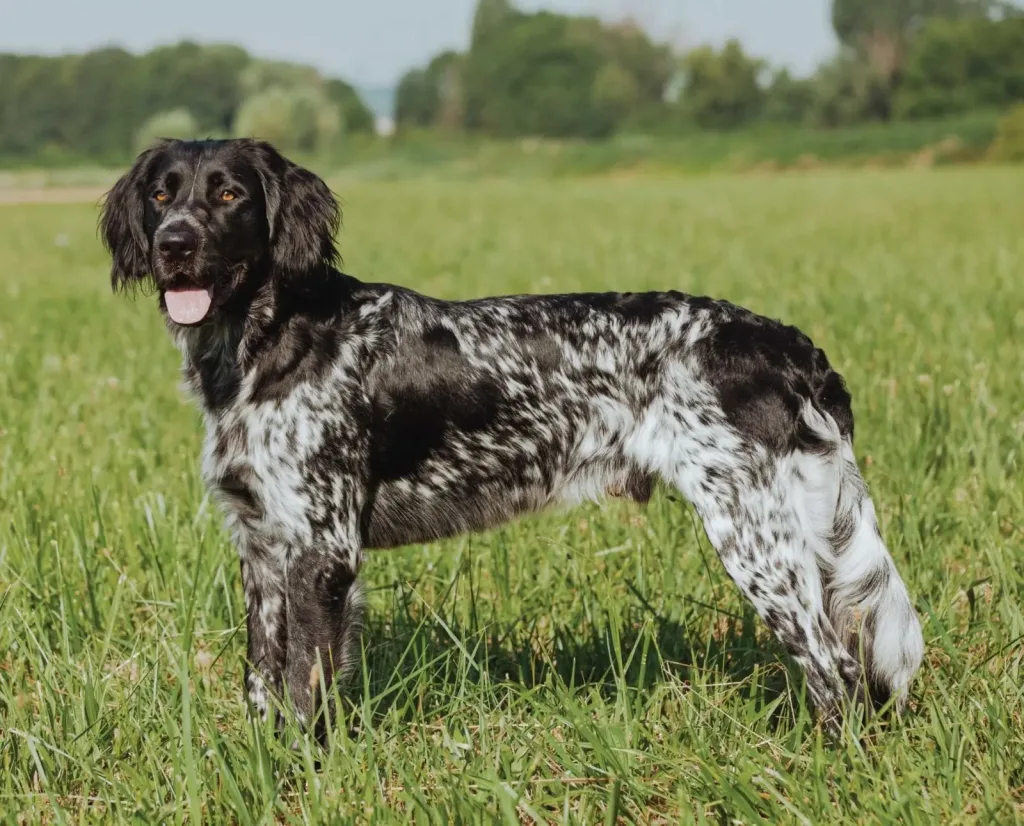
Size and Breed Category
The Small Münsterländer is a versatile hunting dog breed that originated in Germany. As the name suggests, they are smaller in size compared to their larger counterpart, the Large Münsterländer. They typically weigh between 18-25 kg and stand at a height of 52-56 cm at the shoulder. Their coat is medium in length and can be either solid liver or white with liver markings. The breed is known for their athleticism, endurance, and intelligence, making them excellent hunting companions. They are also highly trainable and adaptable, making them suitable for a variety of activities such as agility, obedience, and search and rescue.
The Small Münsterländer falls under the category of pointing dogs, which means they are trained to locate and point at game birds for the hunter to shoot. They are also skilled retrievers, able to retrieve game both on land and in water. The breed is known for their strong prey drive and their ability to work tirelessly in the field. Despite their hunting instincts, they are also affectionate and loyal companions, making them great family pets. However, due to their high energy levels and need for regular exercise, they are best suited for active households. Overall, the Small Münsterländer is a versatile and capable breed that excels in the field and in the home.
Fur Length and Colour
The fur of the Small Münsterländer is typically medium in length, with a dense undercoat and a slightly longer, coarser topcoat. The fur is designed to protect the dog from harsh weather conditions, and it is also water-repellent. The fur on the ears, legs, and tail is slightly longer than on the rest of the body, giving the dog a distinctive appearance. The fur can come in a variety of colours, including black and white, liver and white, and roan. Some dogs may also have ticking, which is small flecks of colour throughout the fur. The fur is easy to maintain with regular brushing and occasional bathing.
The Small Münsterländer’s fur colour can vary depending on the individual dog. Black and white is a common colour combination, with the black being a solid colour and the white being on the chest, legs, and tail. Liver and white is another common colour combination, with the liver being a dark brown colour. Roan is a less common colour, with a mixture of white and black or liver hairs throughout the fur. The ticking, if present, can add a unique touch to the fur colour. The fur colour is not an indicator of the dog’s temperament or abilities, but rather a characteristic of the breed’s appearance.
Termperament and Trainability
Small Münsterländers are known for their high energy and lively temperament. They are a breed that thrives on human interaction and are happiest when they are given plenty of attention and exercise. They are intelligent dogs that are quick to learn and respond well to positive reinforcement training methods. Small Münsterländers are also known for their strong hunting instincts and are often used as hunting dogs. They have a strong sense of smell and are able to track and retrieve game with ease. Despite their high energy levels, Small Münsterländers are also known for their affectionate and loyal nature, making them great family pets.
Small Münsterländers are highly trainable and excel in a variety of activities, including obedience, agility, and hunting. They are quick learners and are able to pick up new commands and tricks with ease. They are also highly adaptable and can adjust to different environments and situations. Small Münsterländers are known for their strong work ethic and are always eager to please their owners. They are also highly social dogs and enjoy being around people and other animals. With proper training and socialization, Small Münsterländers make excellent companions for active families and individuals who are looking for a loyal and energetic dog.
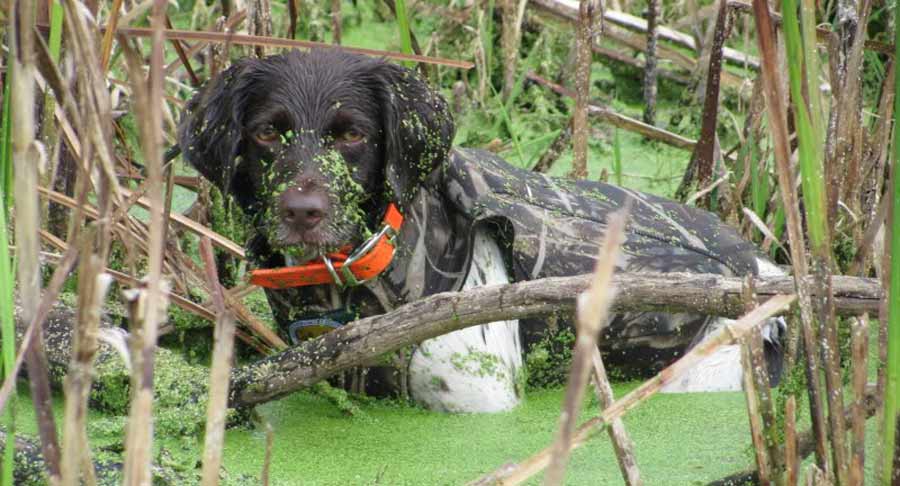
Known Health Conditions
Small Münsterländers are prone to certain health conditions that owners should be aware of. One of the most common issues is hip dysplasia, which is a genetic condition that affects the hip joint. This can cause pain, lameness, and arthritis in the affected joint. Small Münsterländers may also be prone to eye problems such as cataracts and progressive retinal atrophy, which can lead to blindness. Additionally, they may be at risk for ear infections due to their long, floppy ears that can trap moisture and bacteria. It is important for owners to regularly clean their dog’s ears and seek veterinary care if signs of infection are present.
Another health concern for Small Münsterländers is allergies. They may be allergic to certain foods, environmental allergens such as pollen or dust, or flea bites. Symptoms of allergies can include itching, redness, and skin infections. In some cases, allergies can also cause gastrointestinal issues such as vomiting and diarrhea. Small Münsterländers may also be prone to certain types of cancer, such as lymphoma and hemangiosarcoma. Regular veterinary check-ups and preventative care can help detect and manage these health conditions.
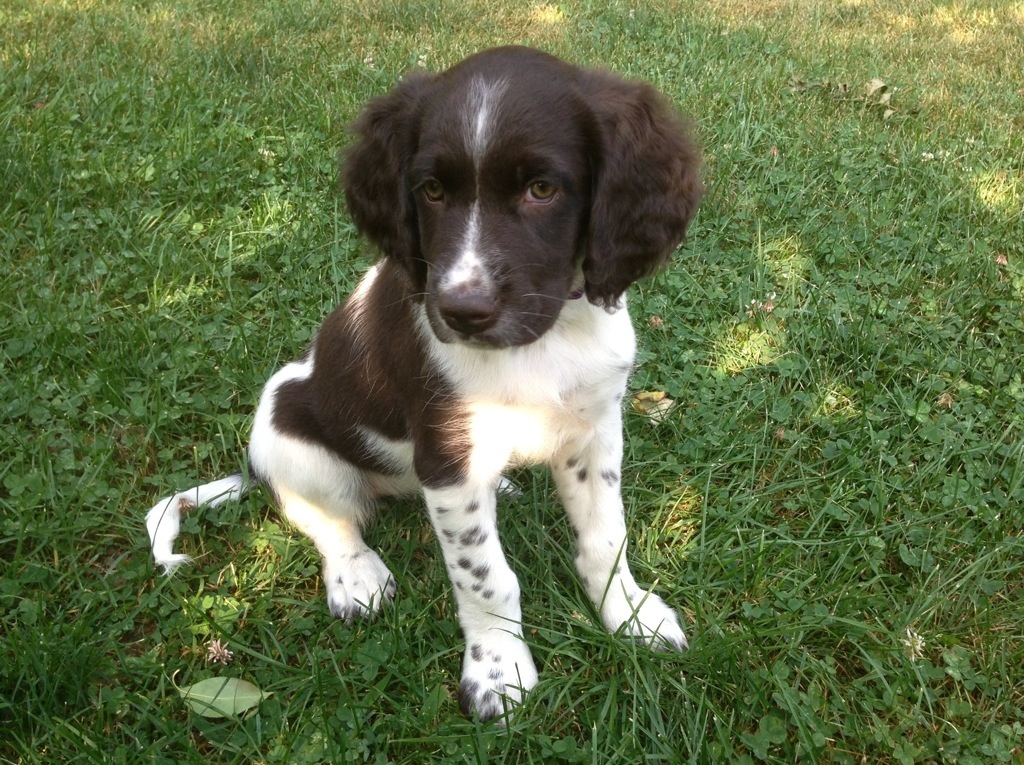
Openness to Strangers
Small Münsterländers are known for their friendly and welcoming nature towards strangers. They are a breed that is always eager to meet new people and make new friends. This trait makes them excellent companions for those who enjoy socializing and meeting new people. Small Münsterländers are also very adaptable and can easily adjust to new environments and situations. They are not easily intimidated by unfamiliar surroundings and are always ready to explore and discover new things. This makes them great travel companions for those who enjoy exploring new places and experiencing new cultures.
Small Münsterländers are also very affectionate and love to be around people. They are known for their loyalty and devotion to their owners and will go to great lengths to protect them. They are also very intelligent and can be trained to perform a variety of tasks. Small Münsterländers are excellent hunting dogs and are often used for hunting small game such as birds and rabbits. They are also great at retrieving and can be trained to retrieve items such as balls and frisbees. Overall, Small Münsterländers are a breed that is well-suited for those who enjoy spending time with their pets and want a loyal and affectionate companion.
Playfulness Level
The Small Münsterländer is a highly playful breed of dog that loves to engage in various activities with their owners. They are known for their high energy levels and their love for outdoor activities such as running, hiking, and swimming. This breed is also highly intelligent and loves to learn new tricks and commands, making them an excellent choice for owners who enjoy training their dogs. Their playful nature makes them great companions for children, as they love to play and interact with them. Overall, the Small Münsterländer is a fun-loving breed that brings joy and excitement to any household.
In addition to their playful nature, the Small Münsterländer is also known for their loyalty and affection towards their owners. They are highly social dogs that thrive on human interaction and love to be around their family members. This breed is also known for their protective instincts, making them excellent watchdogs. Despite their protective nature, they are not aggressive and are generally friendly towards strangers. The Small Münsterländer is a great choice for families who are looking for a playful and affectionate companion that will bring joy and happiness to their home.
Suitability as a Pet for Children
Small Münsterländers are a highly intelligent and energetic breed, making them an excellent choice for families with children. They are known for their loyalty and affectionate nature, and are always eager to please their owners. With proper training and socialization, Small Münsterländers can be great companions for children, as they are patient and gentle with kids of all ages. Additionally, their small size and low-maintenance coat make them easy to care for, making them a great choice for busy families.
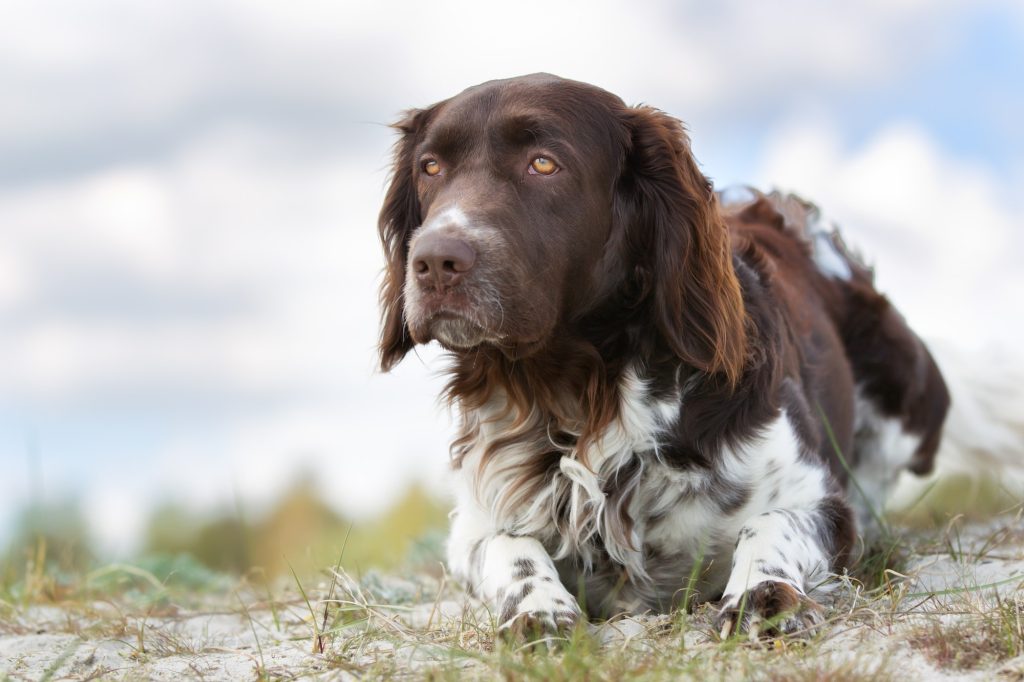
Exercise Needs
Small Münsterländers are highly energetic dogs that require regular exercise to maintain their physical and mental health. As a breed that was originally developed for hunting, they have a natural instinct to run, explore and chase. Therefore, it is recommended that they receive at least 60 minutes of exercise per day, which can be achieved through a combination of walks, runs, and playtime in a secure outdoor area. It is important to note that Small Münsterländers are intelligent dogs that thrive on mental stimulation, so incorporating training and interactive games into their exercise routine can be highly beneficial. Additionally, they enjoy swimming and retrieving, making them ideal companions for outdoor activities such as hiking and camping.
Due to their high energy levels, Small Münsterländers may become restless and destructive if they do not receive enough exercise. They are also prone to obesity if their exercise needs are not met, which can lead to a range of health problems. Therefore, it is important for owners to provide them with regular opportunities to burn off excess energy and maintain a healthy weight. It is also recommended that they receive regular veterinary check-ups to ensure that they are in good health and to address any potential issues before they become more serious. Overall, Small Münsterländers are active and lively dogs that require a dedicated owner who is willing to provide them with the exercise and mental stimulation they need to thrive.
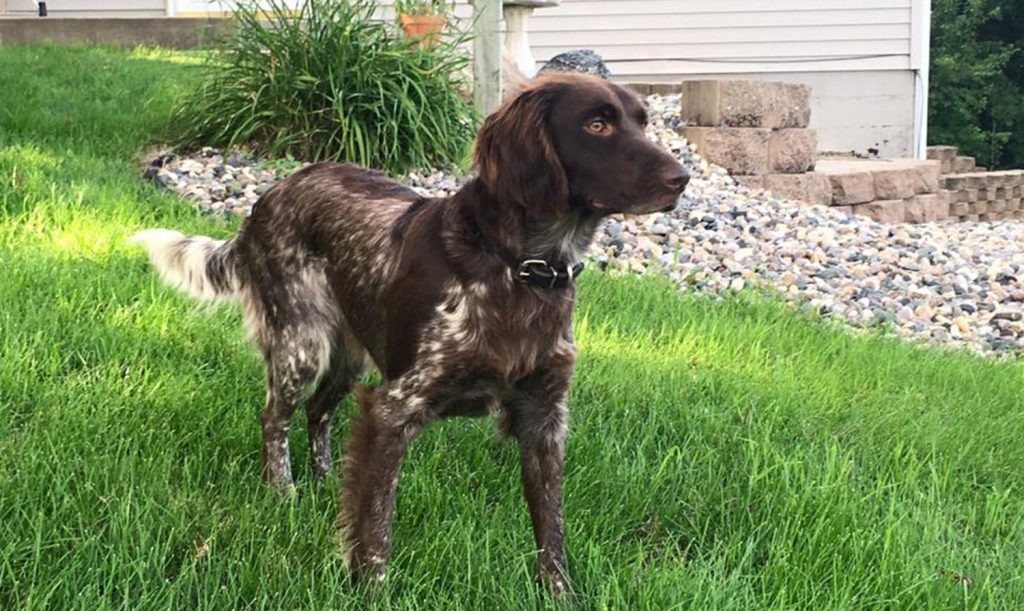
Suitability for a Multi-Pet Family
Small Münsterländers have a reputation for being friendly towards other pets. They are known to be sociable and enjoy the company of other animals. This breed is often used for hunting in packs, which suggests that they are comfortable working alongside other dogs. Small Münsterländers are also known to be gentle with children, which may indicate that they have a patient and tolerant nature. Overall, Small Münsterländers seem to be a breed that is well-suited to living with other pets.
Housing Requirements
Small Münsterländers require a living space that is suitable for their active and energetic nature. They need a home with a secure and spacious garden where they can run around and play freely. The garden should be fenced to prevent them from wandering off and getting lost. Additionally, they require a comfortable and cozy indoor space where they can rest and relax after a long day of activities. The indoor space should be well-ventilated and have enough room for them to move around comfortably. It is also important to provide them with a comfortable bed where they can sleep peacefully at night.
Small Münsterländers have a thick and dense coat that requires regular grooming. Therefore, it is important to have a designated grooming area in the home. This area should be well-lit and have all the necessary grooming tools such as brushes, combs, and clippers. It is also important to have a designated feeding area where they can eat their meals without any distractions. The feeding area should be clean and free from any potential hazards. Additionally, Small Münsterländers require regular exercise and training. Therefore, it is important to have a designated area in the home where they can engage in training activities and play games with their owners.
Summary
Small Münsterländers make great pets for active families who enjoy spending time outdoors. They are highly trainable and excel in activities such as hunting, agility, and obedience. Their friendly and affectionate nature makes them great companions, and they are known for their loyalty to their owners. However, they do require regular exercise and mental stimulation to prevent boredom and destructive behavior. Overall, Small Münsterländers are a great choice for those looking for an active and loyal pet.
Small Münsterländer Pointer Dog FAQS
Yes, Small Münsterländers are intelligent and eager to please, making them easy to train with positive reinforcement.
Small Münsterländers can be prone to hip dysplasia and eye problems, so regular vet check-ups are important.
Small Münsterländers are an active breed and require a lot of exercise, so they are better suited to homes with a yard or access to outdoor space.
Yes, Small Münsterländers are an active breed and require at least 1-2 hours of exercise per day.
Yes, Small Münsterländers have a thick double coat and shed moderately throughout the year.
Small Münsterländers should be brushed at least once a week and bathed every 2-3 months.
A Small Münsterländer can grow up to 52-56 cm in height.
Yes, Small Münsterländers are known for their friendly and loyal nature, making them great family pets.
The average weight of a Small Münsterländer is between 18-25 kg.
The average lifespan of a Small Münsterländer is 12-14 years.
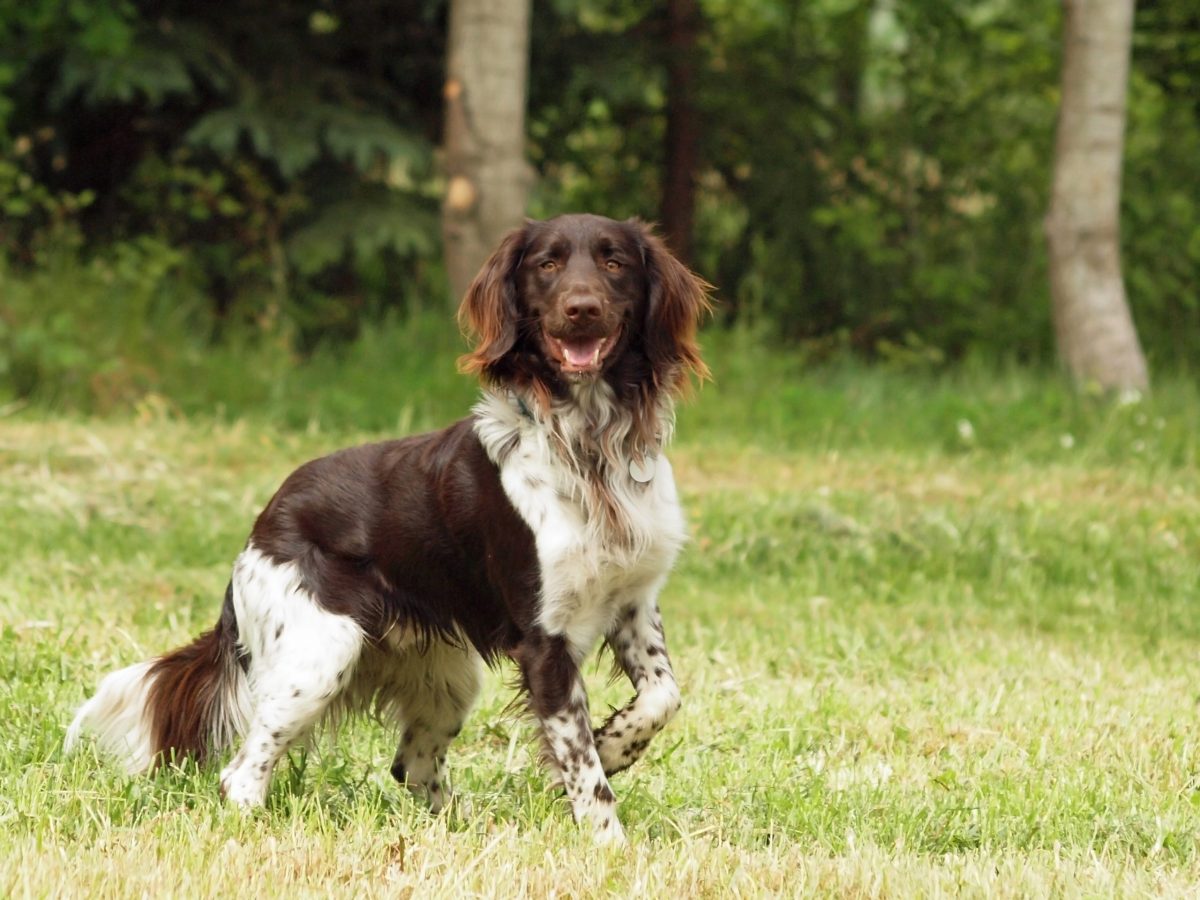
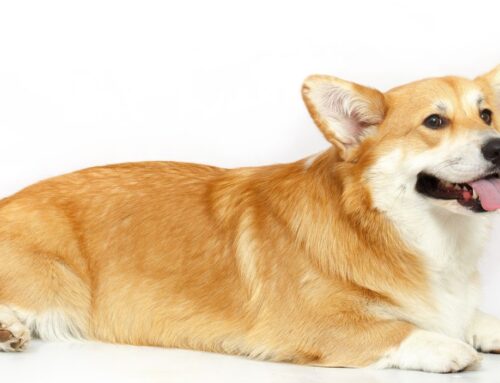
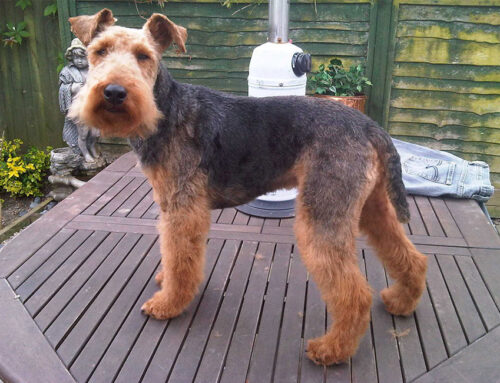
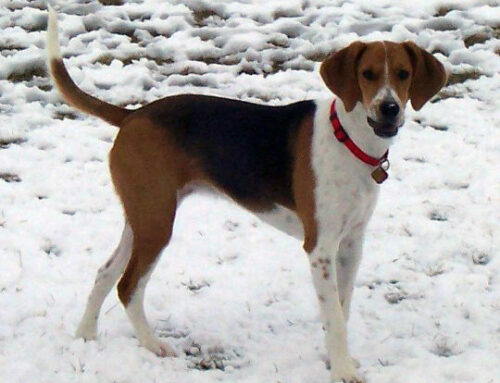
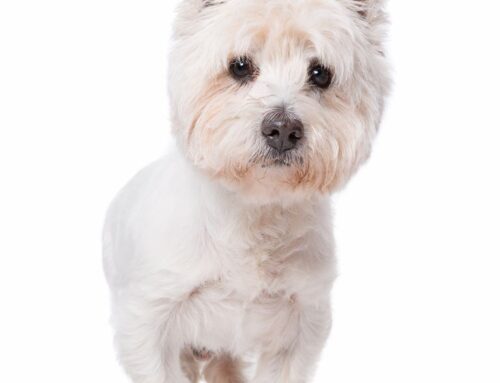
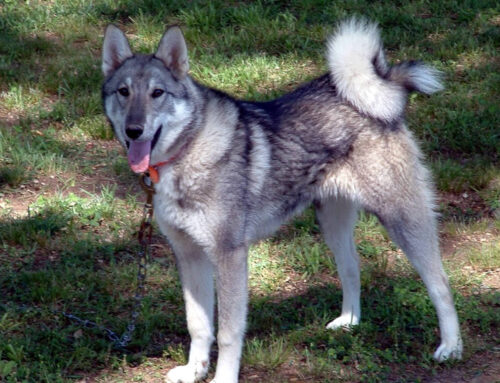
Leave A Comment